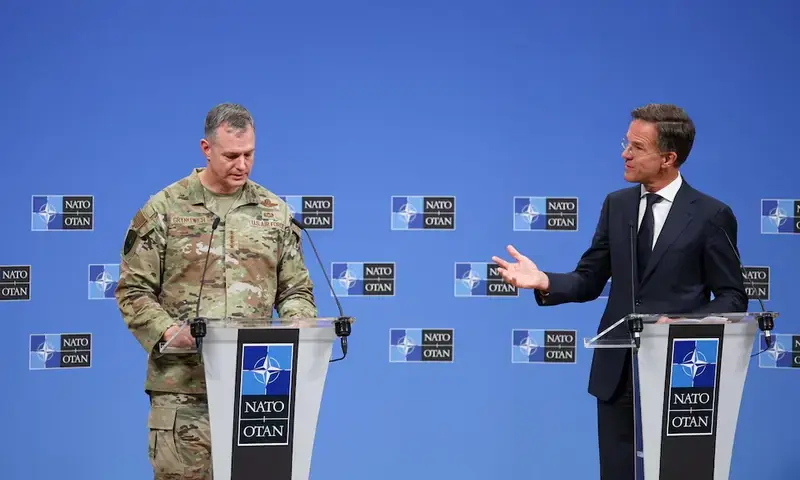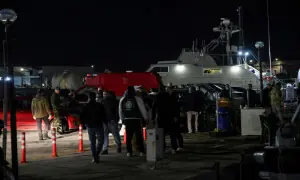NATO strengthens eastern flank defence amid drone incursions
NATO announced plans to enhance the defence of Europe’s eastern flank, following Poland’s downing of drones that violated its airspace an unprecedented action by a member of the alliance during Russia’s ongoing war in Ukraine.
The United States labelled these airspace violations as “alarming” at the United Nations, promising to “defend every inch of NATO territory” in response to comments from former President Donald Trump, who suggested the incursions could have been a mistake.
Poland has characterised the drone incidents as a test of its and NATO’s response capabilities. In a rare, contradiction of Trump, Poland rejected his assertion and expressed hope that the US would take action to demonstrate solidarity. Later, the US joined other Western allies in condemning the drone incursions and accusing Moscow of violating international law.
Russia claimed its forces were engaged in attacks on Ukraine at the time of the incursions and denied targeting Poland, with its UN Ambassador stating that the drones range could not have reached Polish territory .
NATO Secretary General Mark Rutte condemned the incursions as “reckless and unacceptable” emphasising the Russian drones cannot be allowed in allied airspace.
NATO’s Supreme Allied Commander Europe, General Alexus Grynkewich outlined a flexible operation to reinforce defenses along the alliance’s eastern flank, which spans from the Baltic states to Romania and Bulgaria.
The operation dubbed “Eastern Sentry”, will involve various military assets although the exact number of additional troops was not disclosed.
Allies including Denmark, France, Britain and Germany have committed to the mission contributing air assets such as F-16s, Rafales and Eurofighters. Germany have also extended its air policing over Poland and summoned the Russian ambassador regarding the drone incident.
The situation has raised concerns about NATO’s preparedness for mass drone attack, which have become common in the Ukraine conflict since Russia’s 2022 invasion.
European leaders argue that the recent incidents underscore Moscow’s disinterest in a peace deal.
Meanwhile, Russian and Belarusian forces began a joint military exercise which the Kremlin downplayed as a non-threat to Western Europe.
For the latest news, follow us on Twitter @Aaj_Urdu. We are also on Facebook, Instagram and YouTube.

























Comments are closed on this story.